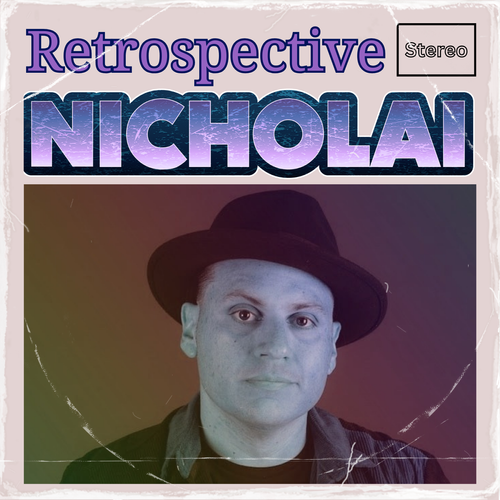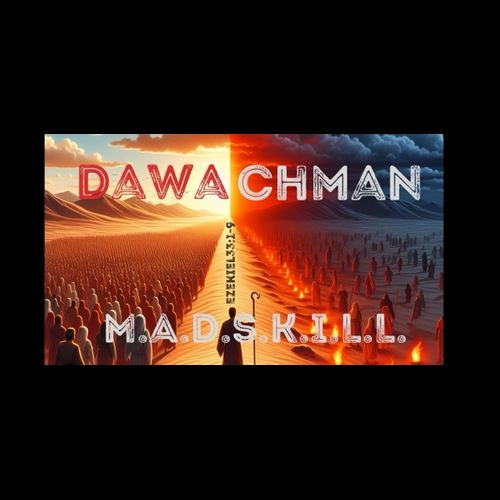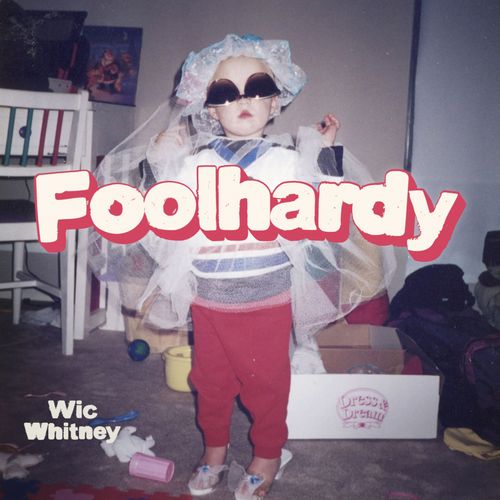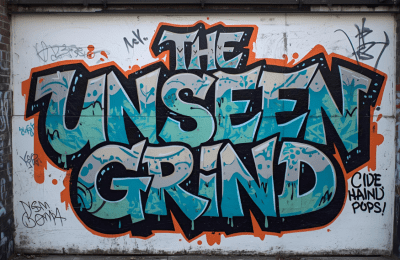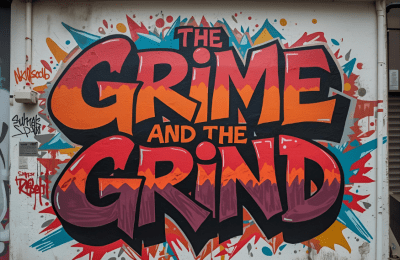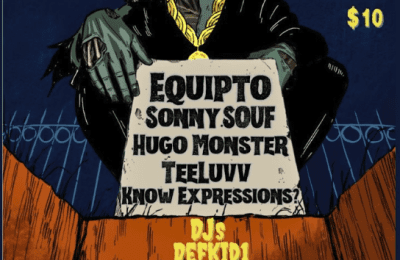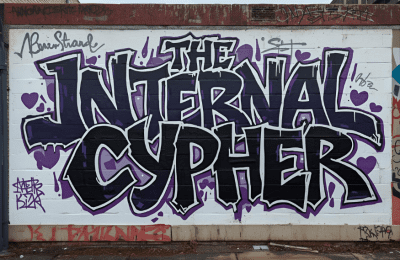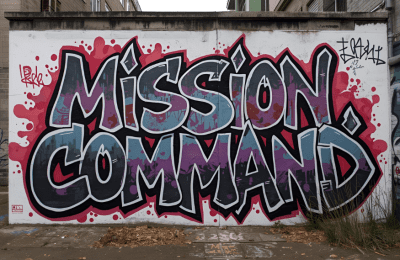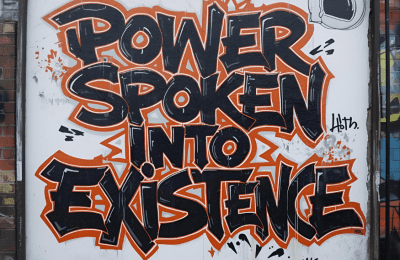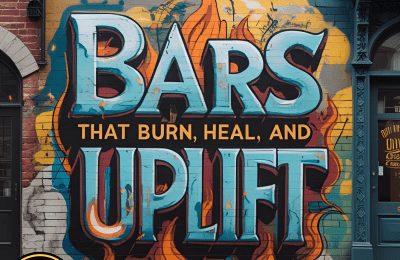Fresh batch locked in from the Folded Waffle inbox — five tracks that move between reflection, struggle, and the slow work of building yourself. I researched each where I could find verifiable info and otherwise used the submission metadata you supplied. Below: one mini-feature per song (≥150 words each), the factual details I could confirm (with citations where available), and a waffle score from 1–5 🧇 for each.
Nicholai — Retrospective
This track reads like a small film about looking back — a reflective coda meant to cap The Mid-Life Project that never fully materialized into an LP but left this song as its elegiac residue. Musically it moves in the study-beats / jazz-hop lane: warm keys, brushed percussion, low-fire upright bass, and a vocal delivery that centers candid adult hindsight rather than bravado. The arrangement gives Nicholai room to work in memory — the beat pulls back on the chorus so the verses land as the real emotional transit: straightforward, plainspoken lines that feel like journal entries set to tempo. That restraint is the song’s power; it doesn’t try to manufacture drama, it simply catalogs it. For listeners who prefer hip-hop with adult concerns — the calculus of wins, losses, and small regrets — Retrospective is an honest, digestible two-and-a-half minute film. Production is tidy (℗ 2025 Nicholai Hermosillo Music), and the song functions well both as a late-night listen and as a closer for a concept set. For Waffle Fam who love grown-person rap that trusts nuance over flash, this one lands.
Waffle Score: 🧇🧇🧇🧇 (4/5) — thoughtful execution and a clear artistic voice; small room to broaden the sonic palette next time.
M.A.D.S.K.I.L.L. — Agōn
Agōn hits like a mission statement in three acts: the mindset of contest, the daily grind, and the long view of prize-seeking beyond the temporal. Musically it nods to old-school hip-hop foundations — record-crate grit, chopped soul loops, punchy snares — but keeps a reflective, almost devotional cadence in the bars. The theological undercurrent (explicit nod to 1 Corinthians and the idea of an eternal prize) gives the track weight; it’s not just about grinding for street currency, it’s about shaping behavior toward something with longer currency. This makes the record feel part sermon, part street lesson: an unusual but potent blend that will sit well with listeners who want conscious hip-hop that doubles as moral inventory. Vocally, the delivery alternates between assertive punchlines and restrained confessional moments; the result is sincere without being saccharine. In a landscape saturated with flex or nihilism, Agōn chooses grappling as its aesthetic — that in itself is refreshing. For editorial placement it’s a compelling pick for conscious hip-hop playlists, faith-adjacent rap features, or curated sets that prioritize message and craft.
Waffle Score: 🧇🧇🧇🧇 (4/5) — solid theme and production; a little more melodic contrast would push it to the next tier.
Wic Whitney — Indie Film
Indie Film is cinematic in title and execution — a slow, syrupy cross-pollination of reggae-tinged refrain, soft high-register crooning, and X-file spacey rap. The song plays like a postcard from someone both in love with and amused by the idea of L.A.: he’s entranced by the dream but sees the sheen as paper-thin. That duality is the creative engine: one breath of mockery, one breath of honest yearning. Instrumentation favors thick low end and sun-drenched guitar licks; the tempos stay measured so the lyrics land like lines of voiceover narration. As an artist, Wic Whitney brings a queer Southern voice that’s conversational, warm, and wry — and this song capitalizes on that charm. Where a lot of “LA anthems” go big on spectacle, Indie Film opts for small scene painting — the cigarette smoke in a backseat, the rehearsed smile on a networking party, the quiet ache of being far from home. That attention to micro detail makes it relatable. For playlists, put it on late-night indie hip-hop / mellow R&B queues; for editorial, it’s a great lead to a feature about the young artist’s debut album cycle and how geography shapes identity in modern alt-rap.
Waffle Score: 🧇🧇🧇🧇🧇 (5/5) — vivid storytelling + strong label backing = big placement potential.
DJThriller — Down the Broken Road
This is a coming-of-age grit anthem wrapped in lo-fi aesthetic: dusty samples, slow-burn boom bap, and a lyricism that treats vulnerability as bravado. At nineteen, DJThriller channels the specificity of upbringing (Ladera Heights to Northridge, film-production student background) into a sound that wants to reconnect to hip-hop’s foundational storytelling while tinkering with contemporary lo-fi textures. The track reads as therapy: a mid-song breath where the cadence slows and the bars become confession rather than confrontation. Producerwise, there’s an ambition to combine old-school sample flips with contemporary jazz chords — the result is warm, intimate, and purposely imperfect. That imperfection is the hook: the listener gets to feel the edges, which suits songs about walking through chaos and repairing as you go. As an artist statement, DJThriller aims to bridge the lyricism of the 2010s underground with a fresh, youth-driven perspective, which is notable for someone so early in their public career. For placement, this sits well on indie hip-hop playlists, college radio spins, and features around mental health & resilience in youth culture.
Waffle Score: 🧇🧇🧇 (3/5) — promising voice and concept; production could use sharper mixing to let the lyricism breathe on streaming platforms.
Saif — The Devil Wears Prada
Saif’s track is an assertive, culturally threaded burst of conscious rap — part personal testimony, part barometer of diasporic tension. The record uses the fashion-referent title as a metaphor for masks people wear when navigating culture, faith, and public scrutiny. Musically, it mixes jazz inflections with drill-adjacent percussion moments, giving Saif a roomy lane to glide between swagger and sincerity. The value here is texture: the production allows South Asian melodic motifs to peek through while the vocal delivery leans into first-person narrative. Thematically, Saif stands in a lineage of artists who use identity as both subject and form, pulling in religion, migration, and community as shape-points for lyricism. For listeners outside Australia, the track functions as an introduction to a voice that’s been cultivating an independent body of work and platforming complex identity — the submission notes mention steady support from indie radio and prior independent releases. On playlists, slot this into global conscious rap, diaspora narratives, and late-night introspection sets.
Waffle Score: 🧇🧇🧇🧇 (4/5) — strong voice and cultural specificity; a standout for editorial pieces about identity and migration in modern hip-hop.


